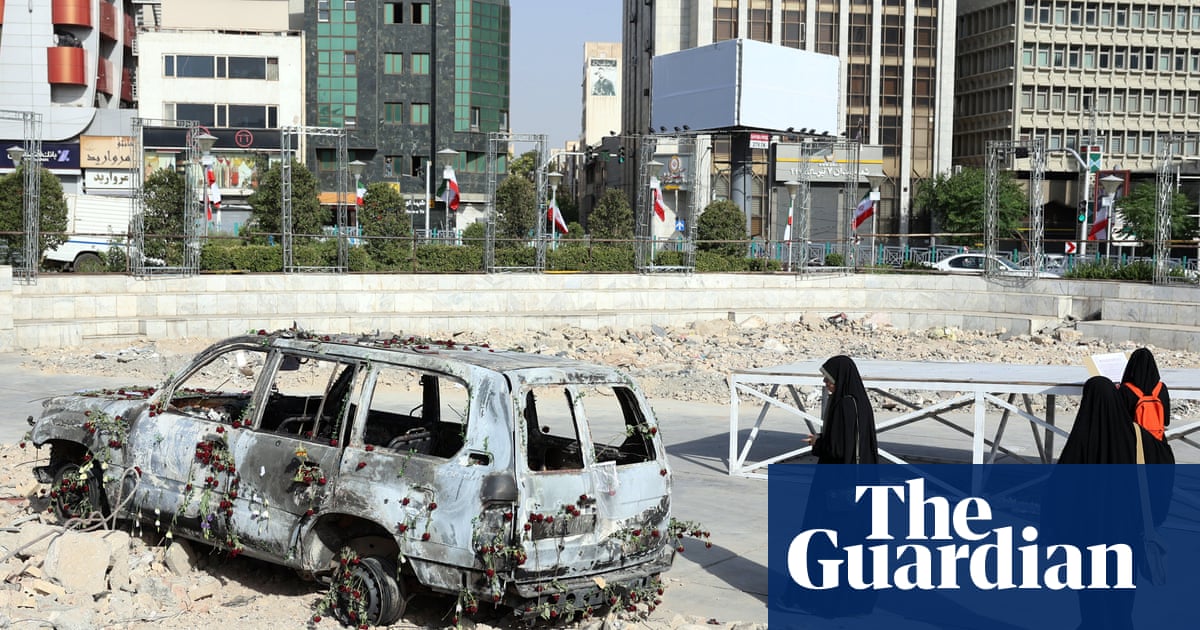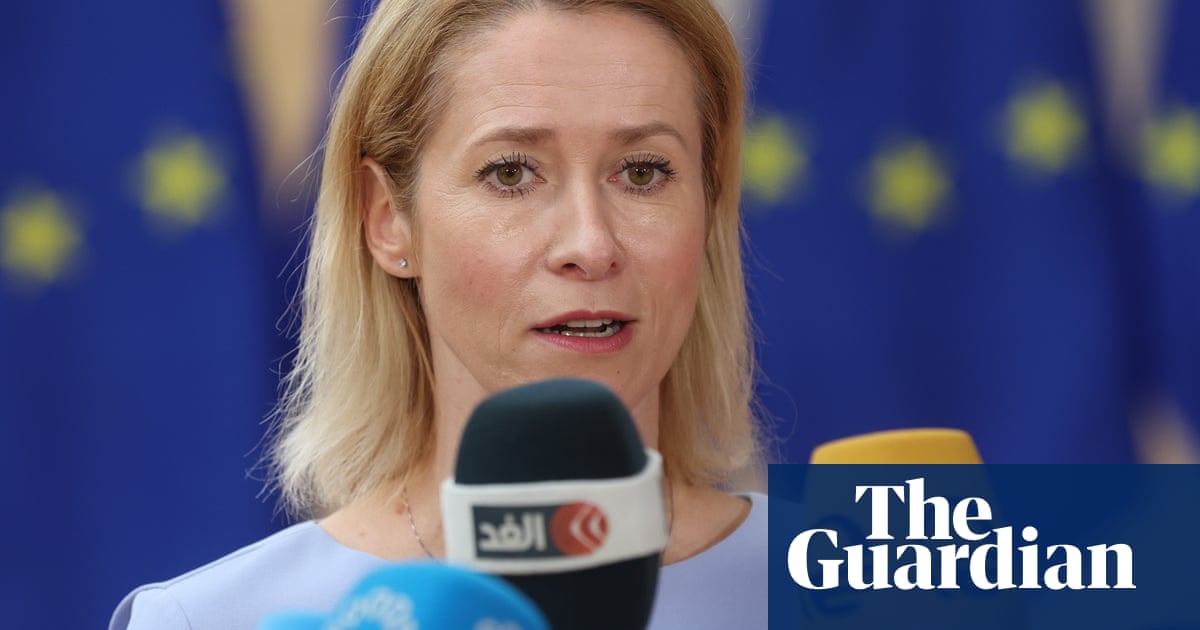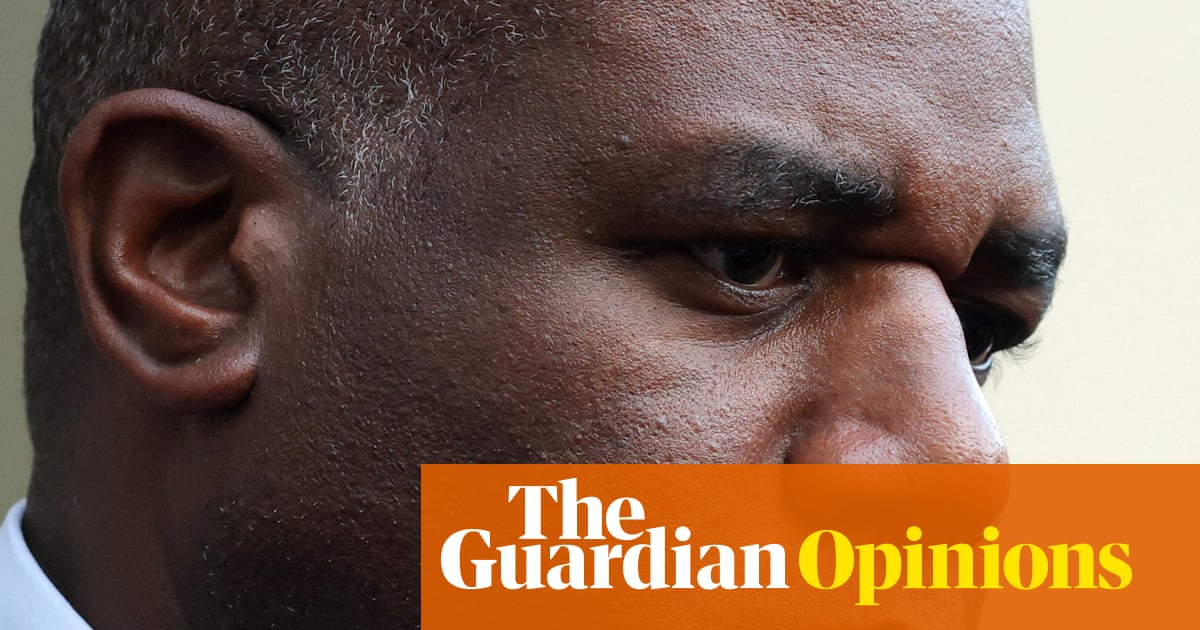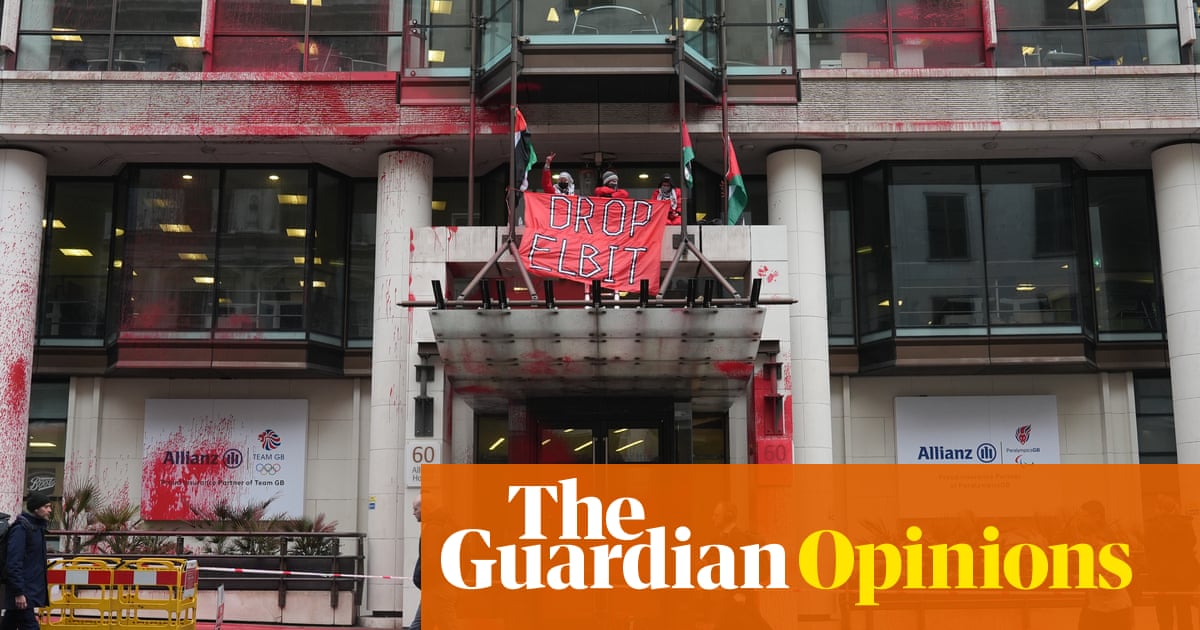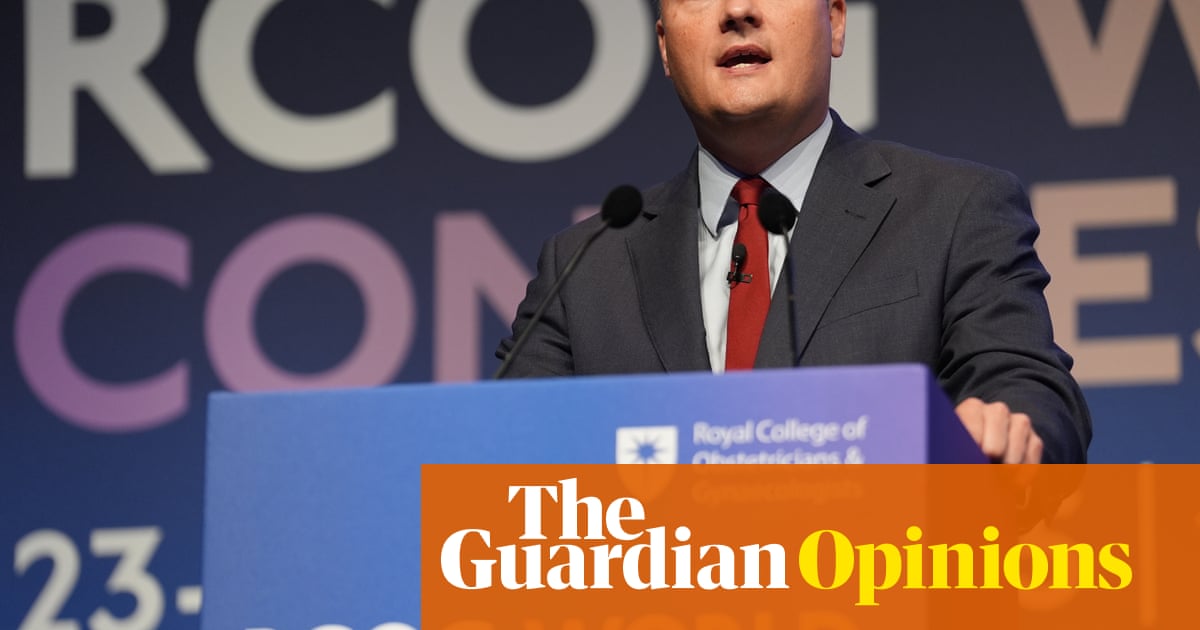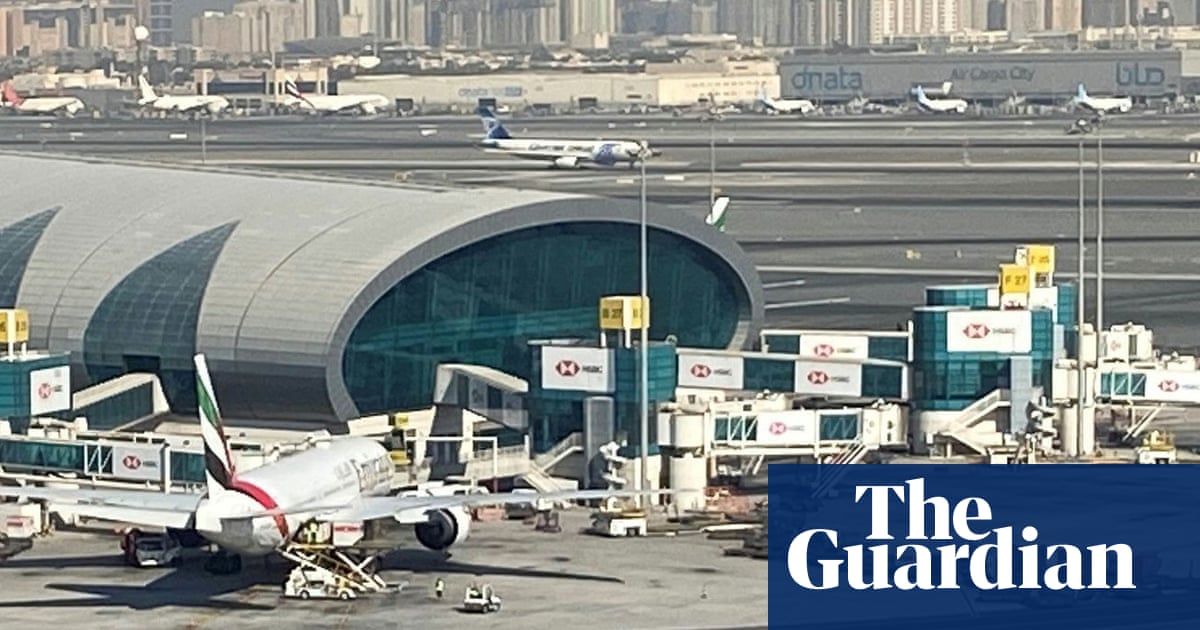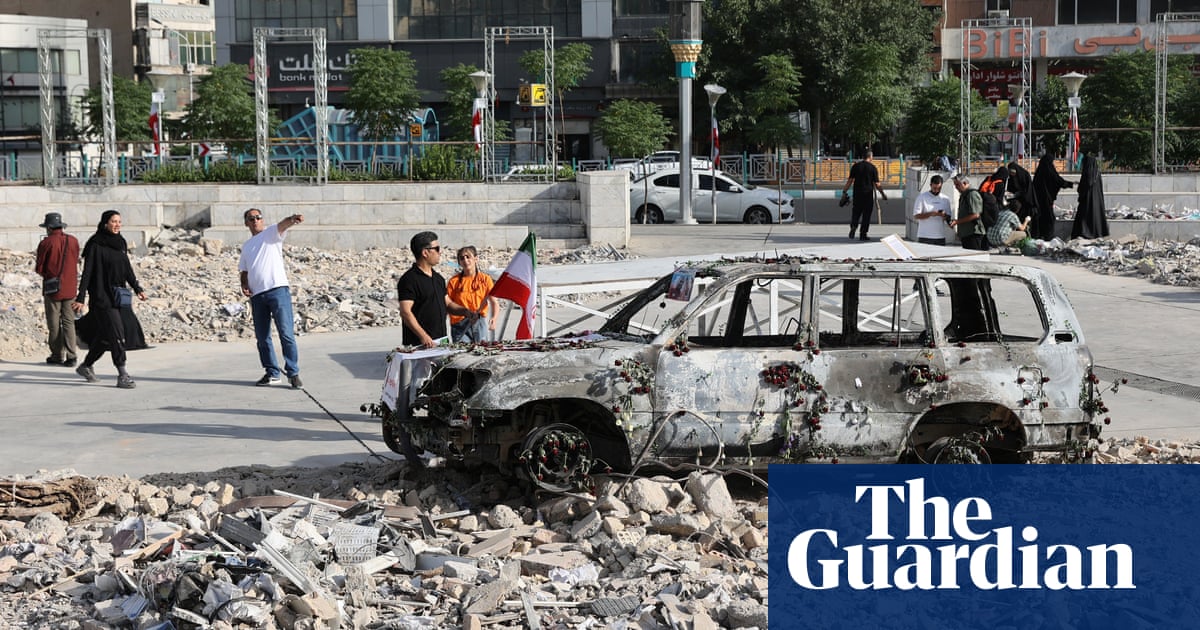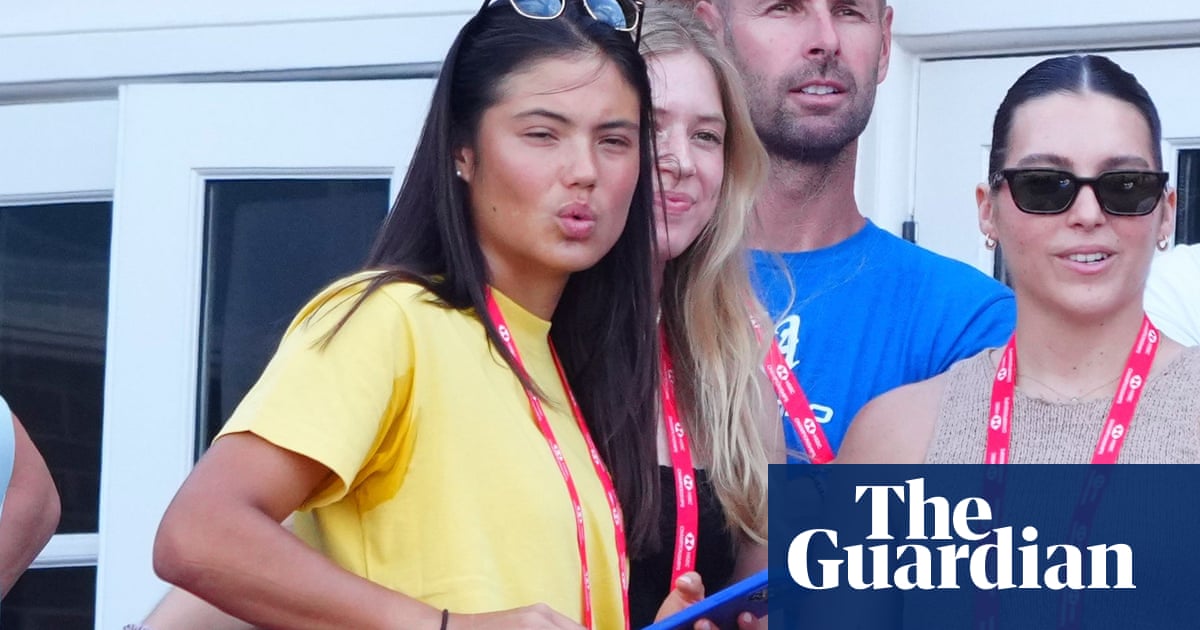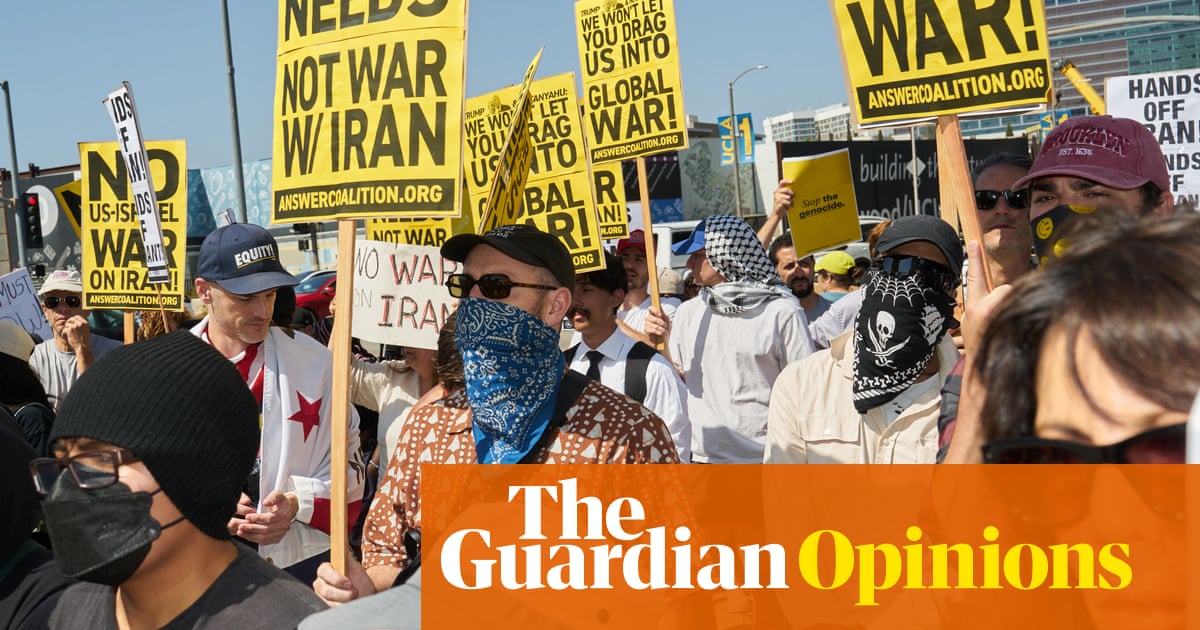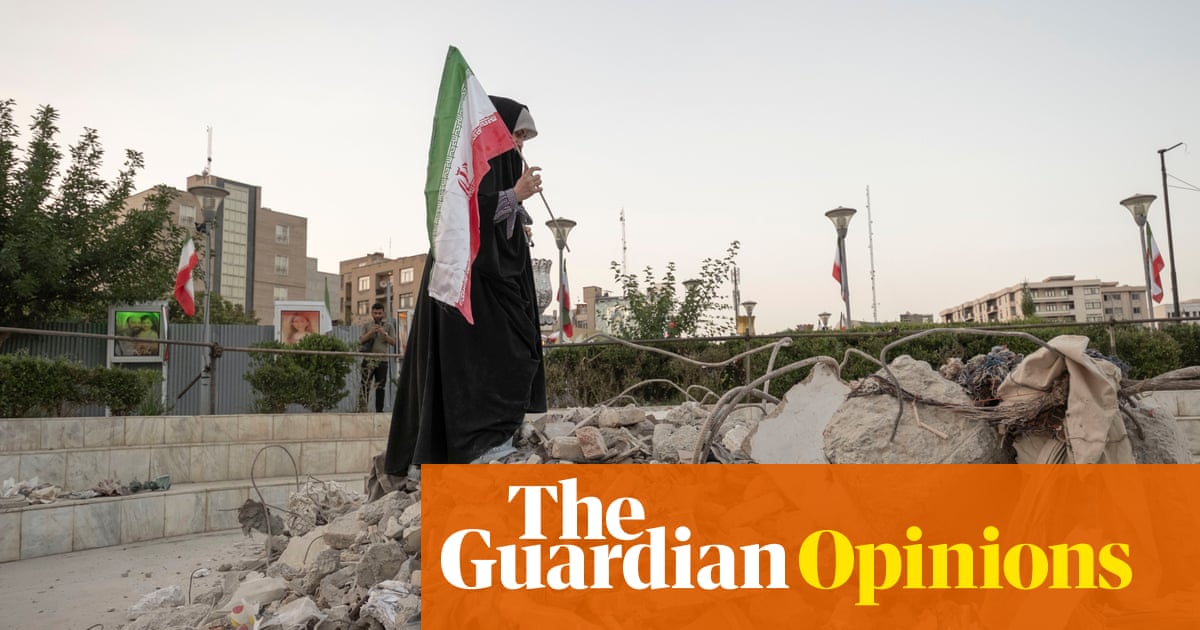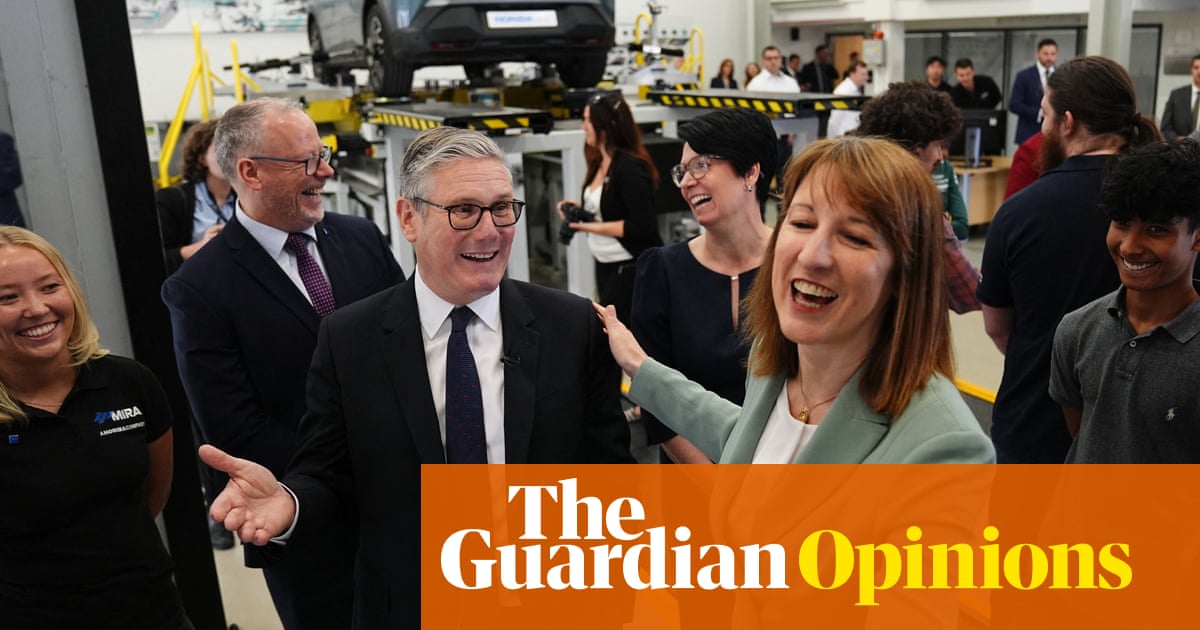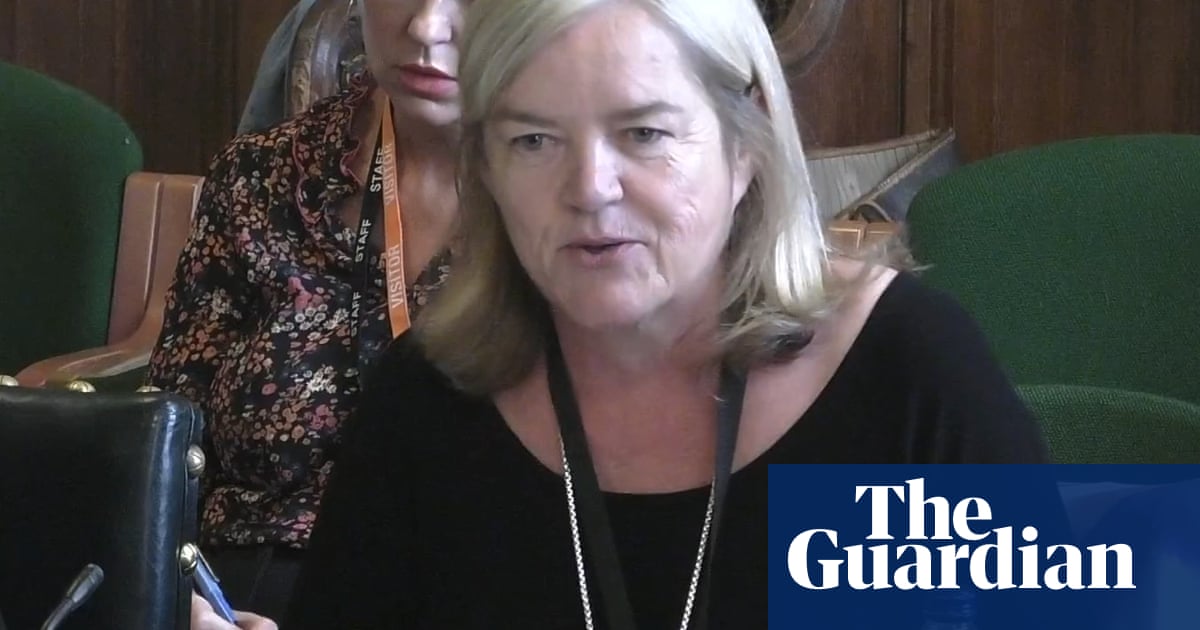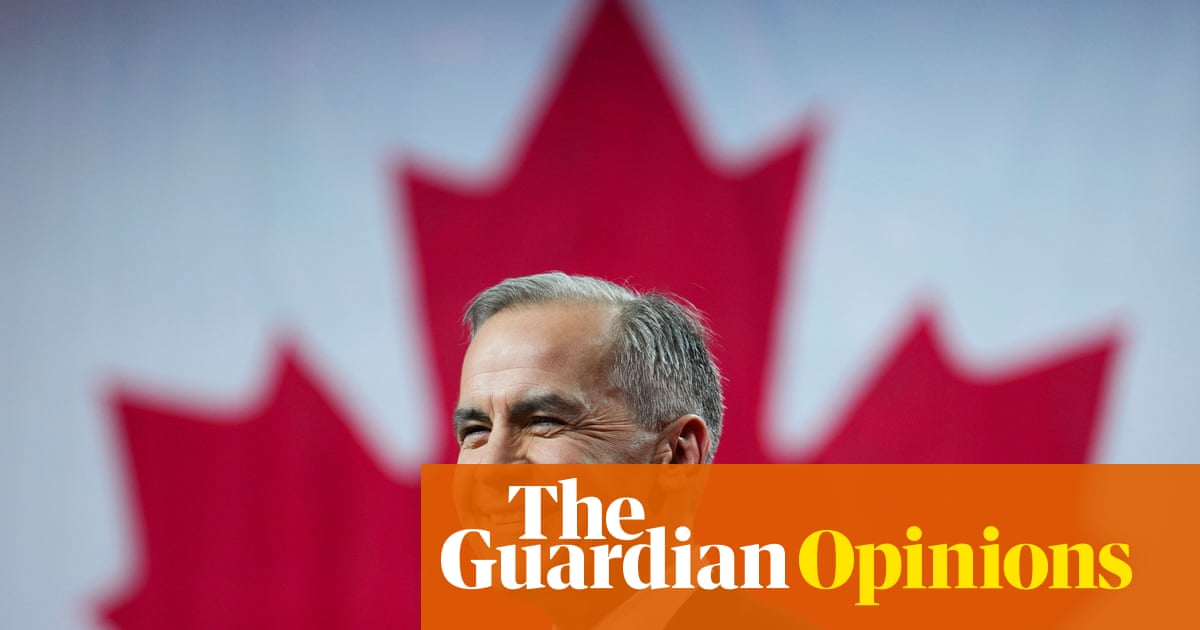Ladies and gentlemen we have now reached our cruising altitude. The pilot will be putting his feet up and drinking tiny cans of Sprite from here to the middle of May. Sit back, zone out. Stick on a bad film with Seth Rogen in it. You can even watch the football if you like. Just don’t expect much to happen for the next three months.
So much for that excitingly bumpy, turbulence-fuelled Premier League season, all perky upstarts, crumbling certainties and unexpected shifts of altitude, which really did seem to be shaping up just a few short weeks go. As of game weekend 26 and Arsenal’s defeat by West Ham, followed by Liverpool strolling through Manchester City, the league has reached a stage of premature entropy.
It is incorrect to suggest that the title race is over. Or rather, it’s only half correct. The title race is over, barring some kind of black swan collapse, Arne Slot deciding this is the perfect moment to reel out his Jazz Odyssey tactics phase. But lots of other things are over too. In fact, pretty much the whole shebang.
We know who is going to win the league. We know who is going to get relegated (another note of dulling certainty: the same three teams who came up). We know who’s going to come second. Manchester City will surely also end up in the top four, with midweek football now safely off the schedule.
Jeopardy then. What have we got? Five teams going for two (probably) Champions League places. You can almost hear the broadcasters changing tack already. Come feast on that Big Fifth Place Energy. Welcome to Lower Court Judgment Day. Mid-Tier Repeat or Revenge. Almost-Super Almost-Showdown Sunday. It is, just as a reminder, still February.
Looking down the table one thing does stand out. Why aren’t these teams better? It is necessary to be vigilant here, to resist the temptation to decide everyone is In Crisis, everyone is bad, everyone is a failure because they’re not the best. The In-Crisis klaxon is like the service buzzer in a chain hamburger restaurant. It flashes when it’s your turn. And we will get to everyone in the end.
But still, something isn’t quite right. The Premier League contains six of the 10 richest clubs in the world, or indeed ever given the constant rise in riches. And yet the question remains. Who is good here? Who is thrumming with rude health? Who is building a dynasty from the bottom up? Who is reinventing the tactical blueprint?

We’ve got Liverpool. We have an encouragingly ambitious tier between third and eighth place. But we also haven’t had a proper three- or four-pronged title race for years. Very few teams out there seem happy or well-placed on their journey. The league is rich. The league is the greatest show on earth. But there is also no real sense of excellence here, of fresh competitive peaks being crested, at least not on the pitch. Why has this happened? And is it ever going to stop?
There is one obvious answer. The Premier League is a competition invented by money, for the benefit of money, and for the future dissemination of money as yet unguessed at. And money does not in itself make you good at football.
What is a good team in professional sport? Something built out of hard choices, struggle, time, chemistry. Make one of these and you will naturally make money too. It becomes a virtuous cycle. But there is a sense in the league right now that nobody really remembers how to do this, or has the time; or even that it no longer really matters, such are the benefits of just being grandly so-so.
Football teams are product. That argument has been won. Really good, coherent, captivating football teams are something else. And while capitalism is very good at generating volume and revenue, the things it isn’t so good at making include painstaking, high-quality objects of beauty.
The obvious example is the current version of Chelsea. On a register of performance versus money spent there is a fair argument this is the most inept example of team building ever conceived. Treat your team like a talent-grooming fund. Build a portfolio of players while demonstrating only the most basic grasp of what talent looks like, or how capricious and brittle it is. This is what you end up with, the Band Aid chorus line trying to make an album.
It is a grotesque model – but one that is at least a logical extension of the league it represents. Too much flux, too many choices, too little in the way of extreme, ruthless competence. The same scattergun commercial hunger has transformed Manchester United into the sporting equivalent of a nuclear plant accident. Scroll down the league and short-termism and poor, flighty choices are the norm.
The response to the failure of short-term team-building has been the trend for “philosophy coaches”, jobbing Euro-dudes with a vision and a promise of some kind of quick-fix, self-levelling team-substance. Give me five years of Alex Ferguson creating a culture, but do it in three months. But even this is hampered by greed. Trying to introduce new systems and patterns mid-season because you have no off-season, just tours and revenue-raising exercises. This is like trying to learn French on the way to the exam.
after newsletter promotion
Leicester City thought it was a good idea to appoint Ruud van Nistelrooy, who has spent the past two months mooning about like a sad dying vampire in a mid-90s romantic fantasy film. West Ham have spent too long not seeming to know what they want to look like, or how to make people feel good, thrashing about in search of “identity”, stasis, calm pockets of air. What are Everton supposed to be? David Moyes can staunch the pain. The new stadium represents hope. But nobody really knows for sure.
It seems obvious one part of Liverpool’s success this season is born out of simple stability, the merits of just not changing much, recognising what is already good. Arsenal will be castigated for failing to buy a No 9 when they couldn’t find the right one for the right price. This is poor management of a squad. But it is at least an attempt to do the right thing, to maintain control, to build rather than snatch at a finished, functioning team.
It seems clear that there is a relationship between the lack of really high-functioning teams and the general poverty of Premier League ownership and administration. Perhaps it isn’t such a mystery so few footballing CEOs have any kind of profile outside the industry. Football-facing tycoons seem to be their own class, too. As Graham Potter once said of the Chelsea ownership: “They must be clever people, they’re billionaires.”
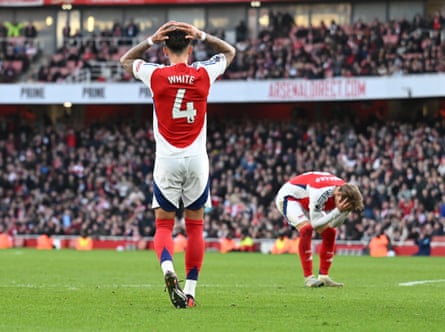
Is this true? Clever billionaires tend to be the ones you’ve never heard of. Whereas at times you get the feeling English football is just incredibly lucky to have lived through the years of endlessly booming broadcast rights, the tide that raises all ships. You can accidentally set fire to the sails, tear down the rigging. The product will protect you.
At least, it has up to now. It is no secret the Premier League’s success has been toxic for aspects of the rest of the football world, ripping out talent and expertise, diminishing other leagues. The sense that the domestic league could also sabotage itself, disrupt its own competitive edge, is easily ignored by those who stand to benefit from its financial rewards in the short term.
The way to preserve that core product is obvious enough: more, not less regulation. The PSR regime may be unpopular with those who wish to hurl money at the wall, or distort the free market by harnessing the subsidies of a nation-state. But the rules have also given us the best of the league right now, that raft of peppy, well-run clubs such as Bournemouth and Brighton who have managed to combine expertise and income into a coherent whole.
More of the same would be one way of throwing a lightning bolt through a stagnant league. A cap on salaries, even more rigorous transfer spending rules, incentives to build and produce a team rather than conjure one out of the fire, with the aim always of invigorating competitive balance. Which is, after all, the one thing you need to keep people interested.
For now the Premier League does seem to have found an unexpected solution to fixture overload, player fatigue and the dilution of the spectacle. Too many games? Just end the season as a contest in February and play out three months of semi-exhibition stuff. It should at the very least keep everyone fresh for the Super League.

.png) 3 months ago
66
3 months ago
66
